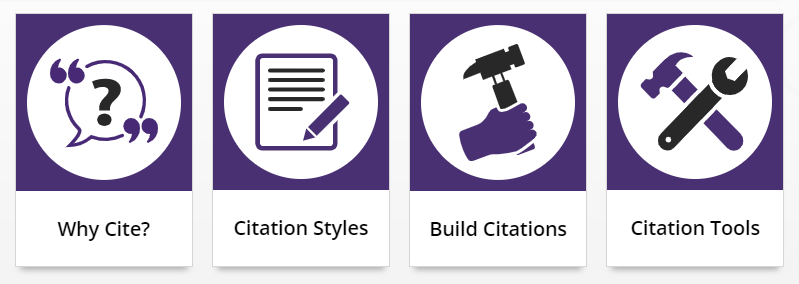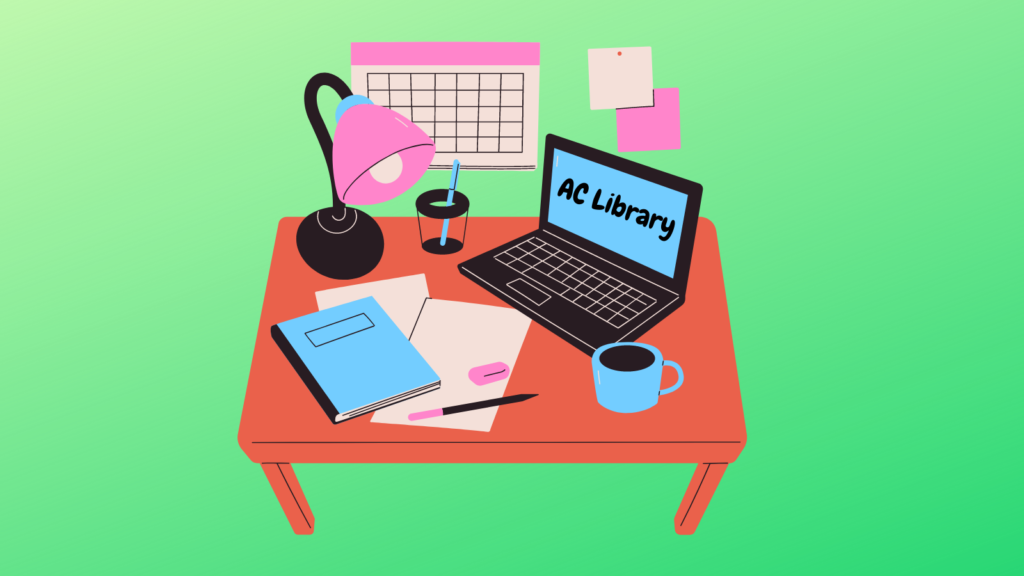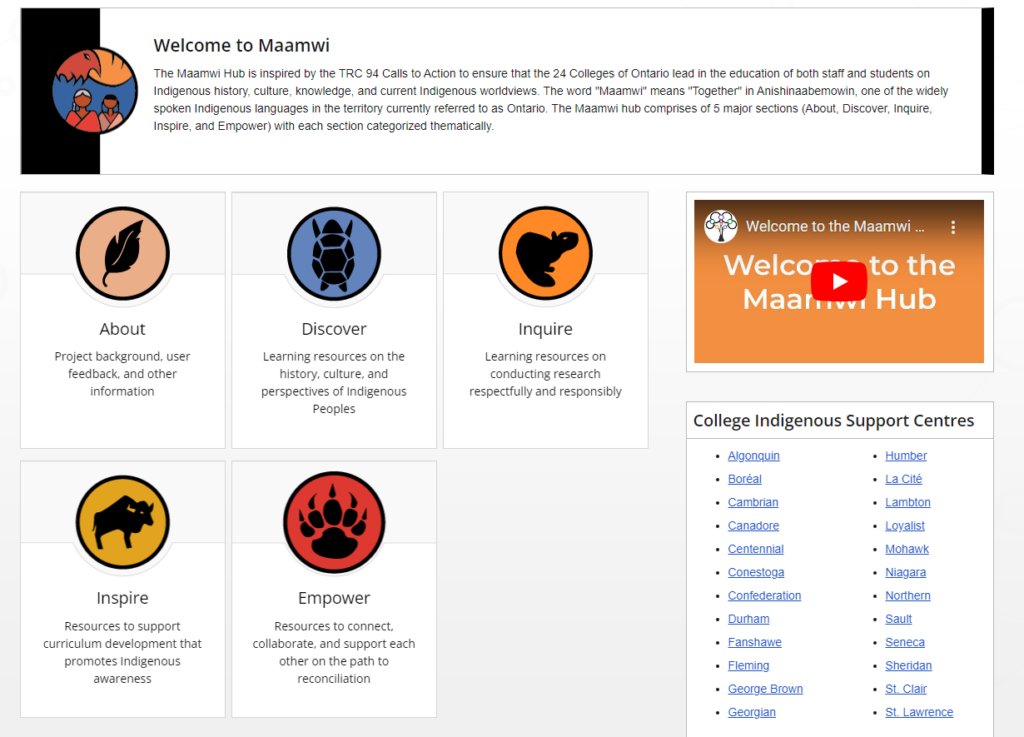Whether you’re back on campus, learning remotely, or doing a bit of both—welcome to the new semester! The Library and Student Learning Centre (SLC) are here to help you hit the ground running with tools, spaces, and support designed to help you thrive this fall.
🔐 Quick Tip:
To access most online resources, log in with your College Network Account.
📚 Your Study Sanctuary: Library Spaces
Need a quiet corner to concentrate or a space to collaborate? The Ottawa campus Library is open 24/7—perfect for night owls and early risers alike.
✔ Silent study rooms available
✔ Bookable meeting rooms (also on the 2nd floor of C Building)
👉 Find details on the Library Study Spaces page.
📖 Borrow & Return Books with Ease
Looking for books related to your courses or other reading materials?
-
Request online via Page 1+
-
Bring your AC Card to borrow in-person or use the Book Locker
-
Return anytime using your campus Library’s drop box
🌐 24/7 Digital Access
Explore our A-Z Digital Resource Collections:
📘 eBooks | 📊 Databases | 📰 Journals | 🎥 Videos
Just log in with your College Network Account to access everything, anytime.
❓ Got Questions? We’ve Got Answers
Browse our FAQs for fast, clear answers to common questions—no need to stress or search endlessly.
✨ Free Academic Coaching at the Coaching Lab
Struggling with a subject or just want to stay ahead? Book a free one-on-one session (online or in-person) for:
-
Math
-
Writing
-
Study Skills
-
ESL
📍 On the Pembroke campus? Visit the Student Support Lab for coaching appointments.
👥 Peer Tutoring: Learn with a Peer
For just $9/hour, connect with trained student tutors who’ve successfully taken the same course.
📅 Book sessions online or on campus.
🛠 Skill-Building Workshops
Boost your academic game with free workshops on:
-
Research
-
Writing
-
Digital literacy
-
Study techniques
Attend in-person or online! Click here to view the full workshop schedule.
🔍 Discover More with Page 1+
Think of Page 1+ as your research super tool. Quickly find books, articles, and academic resources relevant to your field—all in one place.
🧭 Subject Guides: Start Smart
Each guide is packed with resources tailored to your program or subject area—perfect for starting research or understanding your field.
🌐 The Learning Portal: Province-Wide Resources
Access shared resources from colleges across Ontario through the Learning Portal. Explore helpful modules on:
-
Writing
-
Studying
-
Research
-
Career planning
👋 We’re Here to Help—Anytime
Need guidance, research support, or someone to talk through your academic path? We’re just a message or visit away.
📍 Visit your campus Library Help Desk
💬 Use our Live Online Chat
📅 Book a Research Appointment
We’re excited to be part of your journey. From resources to real support, we’ve got your back all semester long. Welcome to a vibrant new term!






